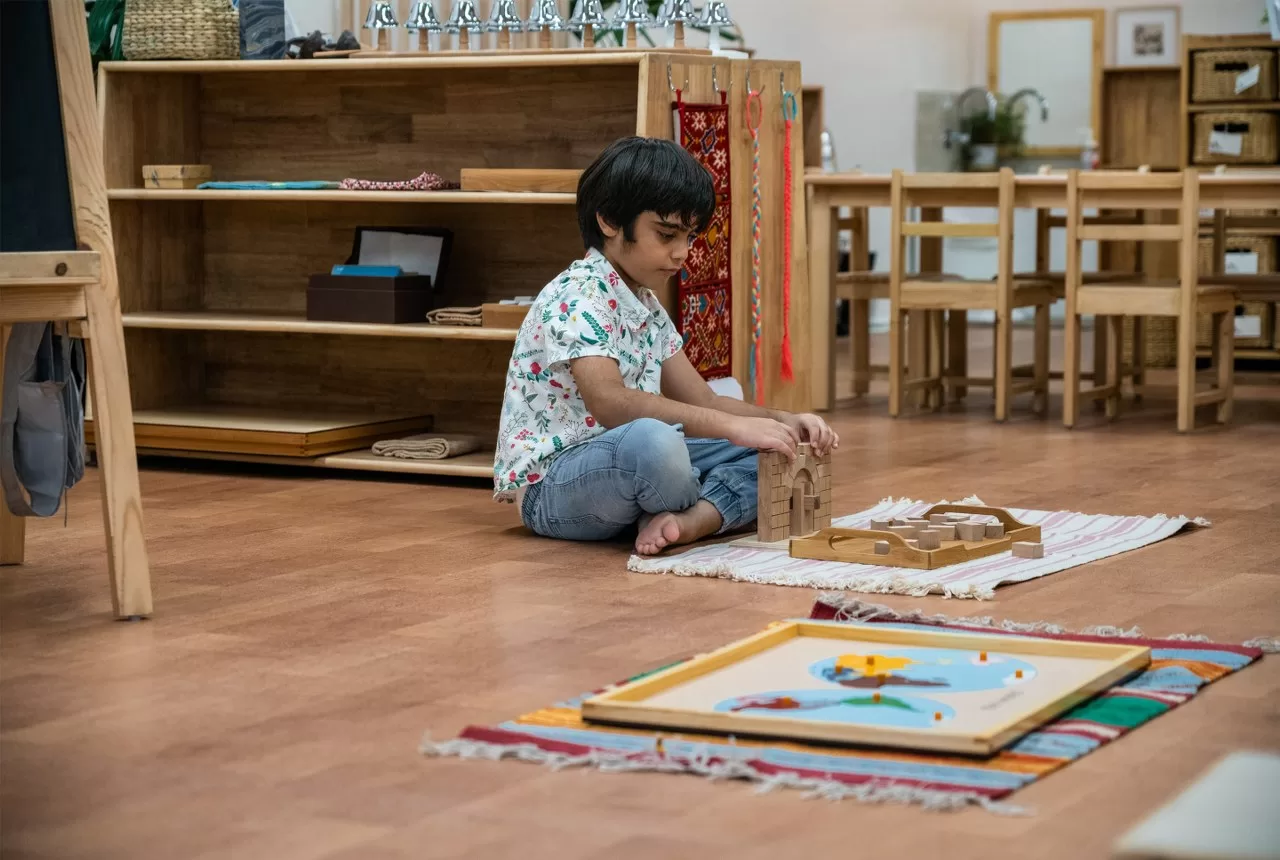Have you ever felt stuck in repeating patterns in your relationships, wondering why the same fears, doubts, or insecurities keep showing up? These patterns often stem from unconscious attachment styles shaped in childhood, subtly guiding how we connect, trust, and love. At Hearts & Minds Development, we believe the journey to deeper, healthier relationships begins with self-awareness and guided support. This is where working with an attachment theory coach becomes truly transformative. In this article, we’ll explore three powerful steps you can take with an expert attachment theory coach to break free from limiting patterns and build secure, fulfilling relationships.
Step 1: Uncover Your Attachment Style for Deeper Self-Awareness
Why understanding your attachment style matters
Many people move through life unaware of how their attachment style influences their emotions and behaviors in relationships. An attachment theory coach helps you identify whether your style is secure, anxious, avoidant, or fearful-avoidant. This discovery is a powerful first step in understanding why you react the way you do, especially during conflict, intimacy, or moments of vulnerability.
How coaching brings clarity
Through thoughtful questioning, reflective exercises, and evidence-based tools, an attachment theory coach guides you to see patterns you might overlook on your own. This process often brings to light childhood dynamics and early experiences that shaped your attachment style. As you connect these insights to your current relationship behaviors, you’ll begin to recognize where your fears or emotional triggers come from.
The benefit of self-awareness
By working with an attachment theory coach to deepen self-awareness, you open the door to change. You learn to observe your reactions rather than being controlled by them, making it possible to respond to loved ones from a place of security rather than anxiety or avoidance.
Step 2: Rewire Emotional Responses Through Practical Techniques
Moving from awareness to change
Recognizing your attachment style is only the beginning. The real transformation happens when you actively work to shift ingrained emotional responses. An experienced attachment theory coach uses proven strategies to help you rewire how you relate to others.
Techniques your coach might use
A skilled attachment theory coach may introduce mindfulness practices to help you stay grounded in moments of fear or conflict. They might guide you through somatic exercises to release old emotional tension stored in the body. Cognitive restructuring techniques can also help you challenge and replace limiting beliefs, such as “I am unlovable” or “Others will always leave.”
Building emotional resilience
With consistent practice, these techniques build emotional resilience, empowering you to navigate relationships with confidence and calm. Instead of reacting with defensiveness or withdrawal, you’ll learn to communicate openly, express needs healthily, and handle disagreements without fear of abandonment.
Step 3: Create Healthier Relationship Patterns and Boundaries
Breaking old cycles
Working with an attachment theory coach isn’t just about self-reflection—it’s about creating new, healthier ways of relating. Once you understand your triggers and start to heal emotional wounds, your coach helps you apply these insights in real-life relationships.
Setting and maintaining healthy boundaries
An attachment theory coach supports you in defining what healthy boundaries look like, both for yourself and with others. This step helps you protect your emotional well-being while fostering closeness. You’ll learn to say no without guilt, communicate your needs clearly, and recognize when a relationship dynamic is harmful.
Moving toward secure attachment
The ultimate goal is to move toward a secure attachment style—where trust, vulnerability, and intimacy feel safe. Over time, with the guidance of your coach, these new patterns replace old ones, leading to more balanced, fulfilling relationships with partners, family, and friends.
Why Choose an Attachment Theory Coach at Hearts & Minds Development
At Hearts & Minds Development, our mission is to help individuals unlock their full potential by healing limiting beliefs and transforming relationship patterns. Our experienced attachment theory coaches provide a supportive, non-judgmental space to explore deeply held fears and create meaningful change. Whether you’re healing from past heartbreak or seeking healthier connections, an attachment theory coach can guide you through every step of the journey.
Frequently Asked Questions
What is the role of an attachment theory coach?
An attachment theory coach helps you identify and understand your attachment style, heal emotional wounds rooted in early experiences, and develop healthier relationship patterns. They use evidence-based tools to support your personal growth.
How long does it take to see results with an attachment theory coach?
Everyone’s journey is unique. Some people notice shifts in awareness and behavior within weeks, while deeper transformation often takes several months of consistent coaching and practice.
Can an attachment theory coach help even if I’m not in a relationship?
Absolutely. Working with an attachment theory coach is about transforming how you relate to yourself and others, whether you’re single, dating, or in a long-term partnership.
Conclusion: Take the First Step Toward Secure Relationships
Transformation doesn’t happen overnight—but it does happen with conscious effort, the right guidance, and compassion for yourself. Partnering with an expert attachment theory coach offers a clear, supported path to deeper self-awareness, healthier emotional responses, and more secure, fulfilling connections. At Hearts & Minds Development, we invite you to begin this transformative journey today. Your relationships—and your sense of self—will thank you. Explore our homepage now to stay ahead of the digital world.











Leave a Reply